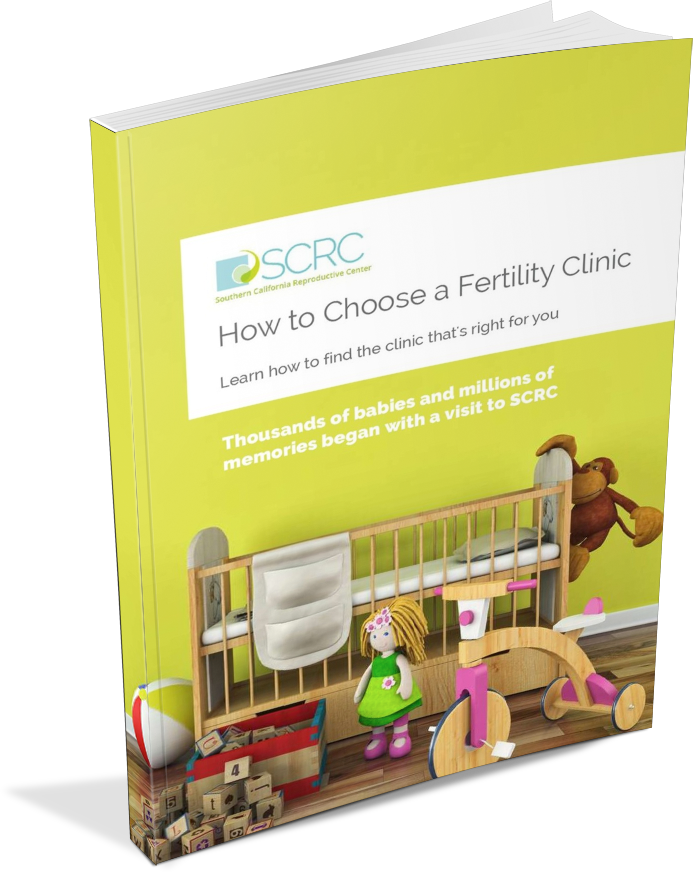All Categories
Featured
Table of Contents
Who Is The Best The Fertility Group New Mexico Service?
Many individuals need fertility assistance. This includes males and females with infertility, lots of LGBTQ individuals, and single individuals who desire to raise kids. An estimated 10% of ladies report that they or their partners have actually ever gotten medical aid to become pregnant. Regardless of a requirement for fertility services, fertility care in the U.S.

Usually, fertility services are not covered by public or personal insurers. Fifteen states need some personal insurance providers to cover some fertility treatment, but substantial spaces in coverage remain. Just one state Medicaid program covers any fertility treatment, and no Medicaid program covers artificial insemination or in-vitro fertilization.

This suggests that in the lack of insurance coverage, fertility care runs out reach for lots of individuals. Less Black and Hispanic females report ever having actually utilized medical services to conceive than White ladies. This is a result of many factors, consisting of lower incomes typically among Black and Hispanic females along with barriers and misconceptions that may deter women from seeking assistance with fertility.
What Is The Best Infertility Clinics Albuquerque Nm Service?
Transgender people undergoing gender-affirming care might also not satisfy criteria for "iatrogenic infertility" that would qualify them for covered fertility conservation. Lots of people require fertility support to have children. This could either be due to a medical diagnosis of infertility, or since they are in a same-sex relationship or single and desire children.

Fertility treatments are pricey and typically are not covered by insurance coverage. While some private insurance coverage plans cover diagnostic services, there is very little protection for treatment services such as IUI and IVF, which are more costly. Many people who use fertility services must pay out of pocket, with costs typically reaching thousands of dollars.
About 25% of the time, infertility is triggered by more than one factor, and in about 10% of cases infertility is inexplicable. Infertility price quotes, nevertheless do not represent LGBTQ or single people who might likewise require fertility assistance for family structure. Therefore, there are different factors that may trigger individuals to seek fertility care. small dumpster rental prices.
Which Is The Best Reproductive Clinic Near Me Albuquerque Nm Company?
Client Info Series. 2017 Our analysis of the 2015-2017 National Study of Family Development (NSFG) finds that 10% of females ages 18-49 state they or their partner have actually ever talked with a physician about methods to assist them conceive (information not shown).3 Among ladies ages 18-49, the most commonly reported service is fertility guidance ().
Many clients do not have access to fertility services, mainly due to its high cost and restricted protection by private insurance and Medicaid. As an outcome, lots of people who utilize fertility services need to pay of pocket, even if they are otherwise guaranteed. Out of pocket expenses differ extensively depending on the client, state of home, service provider and insurance coverage plan (budget dumpster rental).
Figure 3: Fertility Treatments Typically Cost Patients Thousands of Dollars Insurance protection of fertility services differs by the state in which the individual lives and, for people with employer-sponsored insurance, the size of their employer. Numerous fertility treatments are not considered "clinically essential" by insurance business, so they are not usually covered by personal insurance plans or Medicaid programs.
Is It Worth Paying For Fertility Company New Mexico?
g., screening) are most likely to be covered than others (e. g., IVF). A handful of states require protection of fertility services for some fully-insured personal plans, which are regulated by the state. These requirements, nevertheless, do not use to health insurance that are administered and moneyed straight by companies (self-funded strategies) which cover 6 in 10 (61%) employees with employer-sponsored health insurance coverage.
Two states (CA and TX7) need group health prepares to offer at least one policy with infertility protection (a "required to use"), however employers are not required to pick these plans. Figure 4: Most States Do Not Need Personal Insurance Providers to Provide Infertility Advantages However, in states with "required to cover" laws, these just use to particular insurance companies, for certain treatment services and for certain clients, and in some states have financial caps on costs they need to cover ().
In other states, almost all insurance companies and HMOs are included in the required (Plymouth Dumpster Rental). Many states supply exemptions for small employers (
Latest Posts
Who Has The Best Ivf Clinics Near Me Albuquerque Nm?
Best Fertilization Center Albuquerque Nm Store Near Me
What Is The Best Fertility Facility Albuquerque Nm Manufacturer